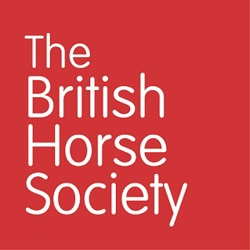A nutritionist will also diagnose health problems, calculate precise nutritional requirements and effective diet plans, and assess and analyse the effect of a diet on the horse.
Nutritionists are typically either in the research sector, both researching and teaching, or working with a feed retailer in a commercial setting.
You will progress in this career if you have a keen interest in the anatomy and physiology of the horse, are comfortable working with numbers and have excellent communication skills.
How to become a nutritionist
BHS Stage 2 Foundation Coach in Complete Horsemanship provides an in-depth foundation knowledge and understanding of equine care and management, and the initial principles of teaching and coaching to support a career focussed on nutrition.
The most common way to enter into the world of equine nutrition is through a relevant bachelor's degree, preferably in equine or animal science. An application to one of these degrees will be highly supported by the BHS Groom Pathway which covers nutrition in detail. The BHS Career Pathways qualifications are supported by a highly acclaimed advisory group providing the latest evidence-based research in equine nutrition.
As a highly specialised career, there can be limited opportunities in this niche sector. Experience is therefore vital. Working alongside a feed company or gaining experience with a freelance nutritionist will demonstrate a motivation for the work and relevant experience to support job applications.
Benefits
- Opportunities to combine a career with ongoing research
- Many nutritionists broaden their work to a variety of animals, creating more opportunities
- Opportunities to work as a consultant and be self employed


